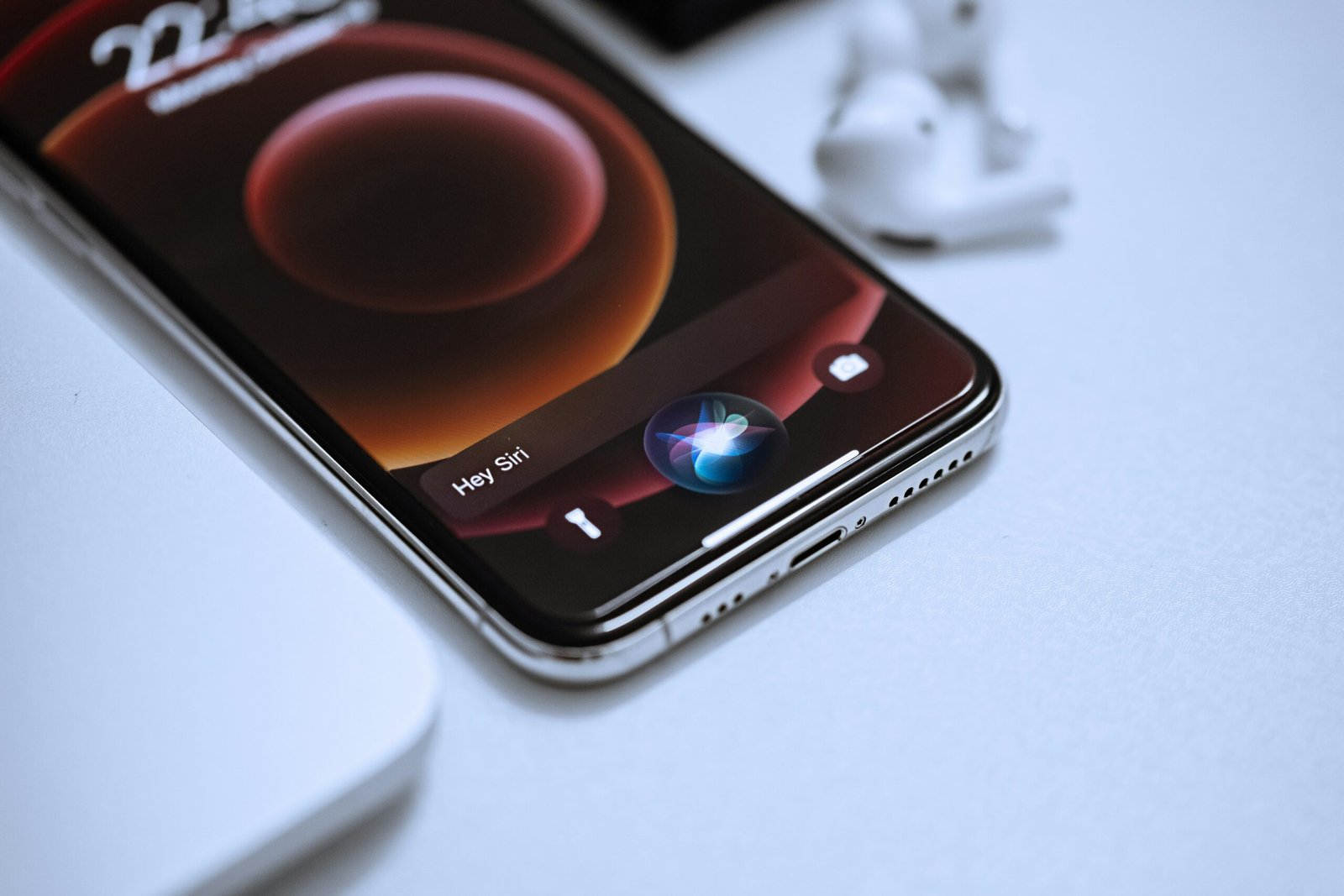
Apple’s vision for a more intelligent and integrated smart home has hit a roadblock, as delays in its promised “more personalized” Siri have forced the postponement of its highly anticipated smart home hub. This setback highlights the challenges Apple faces in refining its AI capabilities and maintaining its competitive edge in the rapidly evolving smart home market.
The primary reason for the delay lies in the complexities of upgrading Siri. Apple’s statement, acknowledging that the enhanced Siri features within Apple Intelligence will “take us longer than we thought to deliver,” points to the intricate nature of achieving a truly personalized and reliable AI assistant. The company is likely grappling with the formidable task of improving Siri’s natural language processing, contextual understanding, and overall responsiveness. The goal is likely to make Siri more intuitive and capable of handling complex requests, a feat that demands significant technological refinement.
Consequently, the planned smart home hub, which relies heavily on the upgraded Siri, has been pushed back. This device, rumored to feature a wall-mounted touchscreen for video calls and smart home management, was envisioned as a central control point for Apple’s ecosystem. The delay underscores the interconnectedness of Apple’s hardware and software development, where advancements in one area are contingent on progress in others.
Apple faces significant challenges in perfecting Siri. The competitive landscape for AI assistants is fierce, with rivals like Amazon’s Alexa and Google Assistant already offering robust and feature-rich experiences. Apple must not only match these capabilities but also differentiate itself by delivering a truly seamless and personalized user experience. The company’s focus on privacy and security adds another layer of complexity, as it seeks to balance innovation with data protection.
This delay presents a clear advantage to Apple’s competitors. Amazon and Google, in particular, can capitalize on Apple’s setback by further refining their own smart home offerings and solidifying their market positions. The extended timeline allows these companies to address any remaining shortcomings in their AI assistants and potentially introduce new features that could further widen the gap. Apple must now work diligently to overcome the technical hurdles and deliver on its promises, or risk losing ground in the increasingly competitive smart home arena.

